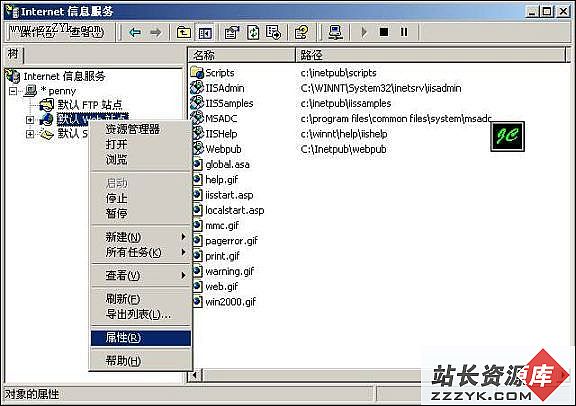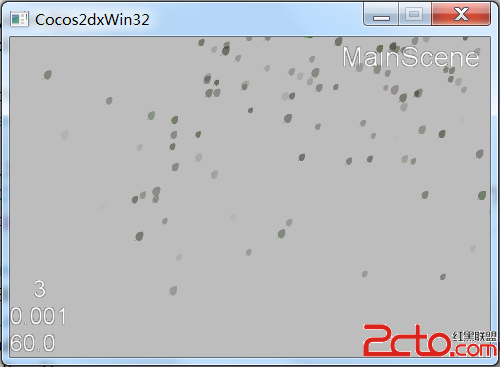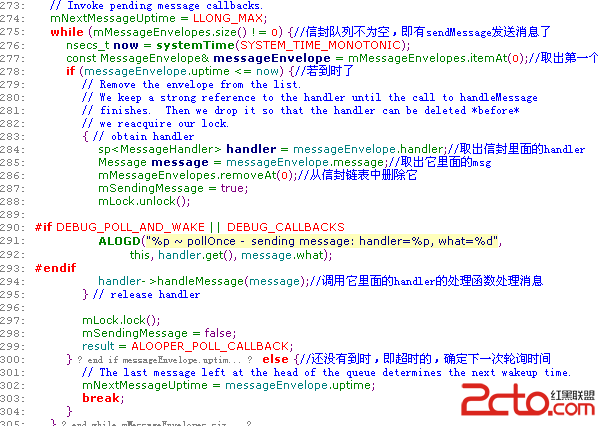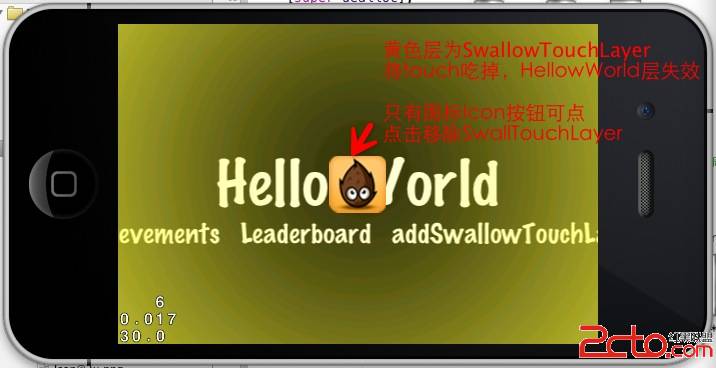IOS学习笔记 (2)
使用协议委托任务协议是一个声明某些方法及属性并储存在实体文档。
协议就像是一些规范,实践协议的类必须遵守这些规范。
创建协议 xcode-->File -->New --> New File --> Cocoa Touch --> Objective - C Protocol -->Next -->协议名称(eg:PersonProtocol)-->Save
实际声明协议:
#import<Foundation/Foundation.h>
@protocol PersonProtocol<NSObject>
@optional
@property(nonamotic,strong)NSString *firstName;
@property(nonamotic,strong)NSString *lastName;
@required //必须实现的方法和属性
@property(nonamotic,unsafe_unretatined)NSUInteger arg;
-(void)breathe;
@end
创建一个Father类,实现协议
#import<Foundation/Foundation.h>
#import "PersonProtocol.h"
@inte易做图ce Father:NSObject<PersonProtocol>
-(void)breathe;
@end //.m里面要有实例方法。
协议里的关键字 @required 明确指定必须的属性与方法。
@optional 可以实践或不需要实践使用
监测实例方法或类方法是否有效
使用环境:你开发的SDK是最新版的,但是你希望支持执行旧版IOS SDK的装置。
使用 NSObject 的 instancesRespondToSelector:类方法检测指定的 selector 是否存在类实例中。要确认一个类 是否响应本身的类方法,需使用 respondsToSelector:类方法。你可以使用同样方式检测,在一个实例的实例方 法,透过 instancesRespondToSelector:NSObject 的类方法
这边有两个关于 iOS SDK 的重要概念要记住:
Base SDK(基底 SDK)
这个 SDK 是用来编译应用程序。可能是最新最大的 SDK,且能存取所有新的 API。
Deployment SDK/Target(部署 SDK)
这边的 SDK 使指定你希望编译后并执行的装置 SDK 版本。
因为就事实上,编译应用是基于 Base SDK 与 Depolyment SDK 两个 SDK 编译。
举个例子:
NSMutableArray *array = [[NSMutableArray alloc] initWithObjects: @"Item 1",
@"Item 4",
@"Item 2",
@"Item 5",
@"Item 3", nil];
NSLog(@"Array = %@", array);
if ([NSArray instancesRespondToSelector:@selector(sortUsingComparator:)]){
/* 使用 sortUsingComparator: 实例方法来排列数组*/ }
else if ([NSArray instancesRespondToSelector: @selector(sortUsingFunction:context:)]){
/* 使用 sortUsingFunction:context: 实体方法做数组排序*/ }
else {
/* 处理其他状况 */
}
确认类是否可在运行期中使用
使用环境:你正在使用最新版的 SDK,但是你无法确定是否可以使用,因为无法肯定用户是否有安装最新版的 SDK。
使用字符串
使用NSString 和NSMutableString 类
NSString 类不能更改的,NSString类一旦被创建,内容就不能修改了。可变字符串NSMutableString创建以后还可以修改。
NSString *string = @"hello world";
NSString *string = [NSString stringWithString:@"hello world"];
NSMutableString同上
字符串长度 [string length];
字符串类型转换:
NSString *string = @"123.456";
NSInteger integerOfString = [string integerValue]; //123
CGFloat floatOfString = [string floatValue]; //123.456001
Double doubleOfString = [string doubleValue]; //123.456.000
字符串中查找字符串
NSString *one = @"hello world";
NSString *two = @"hello";
NSRange range = [one rangeOfString:two];
if(range.location == NSNotFound){
/*Coule NOT find nedle in haystack*/
}else{
NSLog(@"%@",range.location);
}
数字
NSNumber 类用来面向对象的方法处理数字。
NSInteger 有符号数(正数或负数) NSUInteger无符号数(正数和0)
CGFloat 和 double 操作浮点数。
numberWithInteger:将一个整型值封装成一个NSNumber实例
numberWithUnsignedInteger:讲一个无符号整型值封装成一个NSNumber实例
numberWithFloat:将一个浮点数封装成一个NSNumber实例
numberWithDouble:将一个double类型的数封装成一个NSNumber实例
下面这些方法用来从一个NSNumber实例中提取纯数字:
integerValue/unsignedIntegerValue/floatValue/doubleValue
数字和一个字符串比较方法:
NSNumber *unsighedNumber = [NSNumber numberWithUnsignedInteger:123456];
NSString *numberInString = [NSString stringWithFormat:@"%lu",(unsigned long)[unsignedNumber unsignedIntegerValue]];
NSLog(@"%@",numberInString);
分配和使用数组:
NSArray 和 NSMutableArray 类
NSArray *array = [[NSArray alloc]initWithObjects:@"one",@"two",@"three",nil];
自动释放的数组:
NSArray*array = [NSArray arrayWithObjects: @"one",@"two",@"three",nil];
数组长度 [array count];
nsmutableArray
数组增加对象[array addObject:@"four"];
删除数组[array removeObject:@"four"];
获取数组指定位置的对象
objectAtIndex:
分配和使用 Dictionary
分配和使用Sets
Sets和array非常相似,二者最大的区别就是sets中相同对象只能被添加一次。当你第二次添加同一个对象时,sets会拒绝添加。
addObject 增加对象 removeObject 删除对象
快速遍历一个set中所有的对象 enumerateObjectsUsingBlock:方法。例如
[setOfNames enumerateObjectsUsingBlock:^(__strong id obj,BOOL *stop){
if([obj isKindOfClass:[NSString class]]){
NSString *string = (NSString *)obj;
if([string isEqualToString:@"Kiyosaki"){
NSLog(@"Found %@ in the set",string);
*stop = YES;
}
}
}
通过NSNotificationCenter发送通知
通过App发布一条通知同时允许其他对象接收通知并采取行动,这取决于你发布的通知。
使用NSNotificationCenter中default notificationcenter的postNotificationName:object:userInfo:的实例方法发布一条通知,其中携带一个对象(通常此对象激活通知)和一条用户信息词典,词典中包含了关于词条通知或者激活通知的对象的额外信息。
补充:移动开发 , IOS ,




